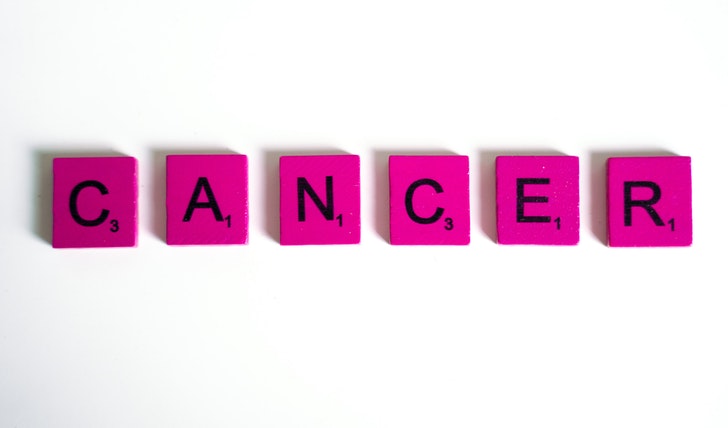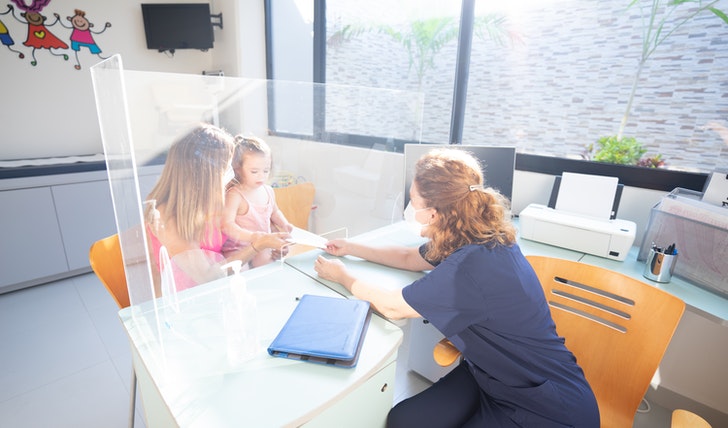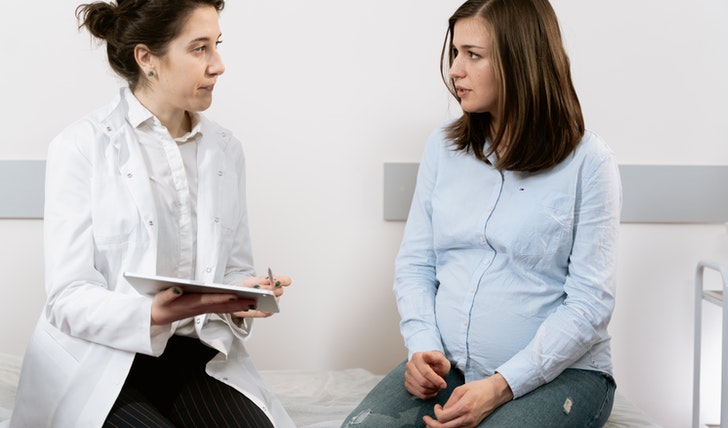
All You Need To Know About Genetic Counselling

It is a medically proven fact that some diseases are genetic. In other words, if someone in your family ever had that disease, you are likely to show the symptoms of that disease as well. Cancer is one of them—for example, if your parents, grandparents, or ancestors had cancer, chances are someone in your family will also have it. Similarly, it can also be you who shows the symptoms of that disease.

Anna / Pexels / Cancer is widely believed to be a genetic disease.
Helping families learn about their family’s disease history, that’s what Genetic Counselling is all about. “Understanding the disease history of your family and ancestors is essential,” argues a Houston-Based associate professor and specialist, Tanya Eble. She suggests that Genetic Counselling can help individuals understand how certain diseases transmit to kids from families.
“Deadly diseases like cancer are genetic,” notes Dr. Taniya Eble. “That is why Genetic Counselling is essential for everyone. It helps you understand if anyone in your family ever had cancer. Likewise, genetic Counselling can also educate you on how having your family a genetic disease can apply to you and your kids.”

Los / Pexels / Genetic Counselling can help you understand if any of your family members had cancer and how it applies to you.
Essential as it may sound, everyone must have an understanding of the genetic diseases in his family. Similarly, one must be educated enough to know how that it applies both to himself and his kids.
How Does Genetic Counselling Actually Work?
Genetic Counselling is not a complex procedure like medical surgeries. However, you have to be prepared to answer certain questions related to your family, ethnicity, and your ancestors. “An investigation of at least 4 generations is essential for a Genetic Counselling to be successful,” Suggests Dr Tanya. So, you need to do a fair bit of research about the history of your family and ancestors.

Mart Production / Pexels / Doctors suggest that an investigation of at least 4 generations is mandatory for a successful Genetic Counselling.
Similarly, the counsellor may also investigate the type and nature of cancer that your family member had. “It is a good idea to bring the genetic test report of your family members if you have one,” she recommends. “It will give you the counsellor a first idea about the disease history of your family members.”
Nevertheless, Dr Elbe also highlights that breast cancer is the wildest type of cancer that gets down to 4 generations. “For example, if your family’s genetic reports tell me that your great grandmother had breast cancer. And you have now 5 aunts. I will predict that either some or all of them have cancer. Although the test can not prove me wrong, my suspicions will be right for 90% of the time.”
It is obvious that once you find out the existence of the disease, you can go for treatment. But unless you do not find it out, it will be a ringing in your head for the rest of your life. So, it is a sensible decision to seek Genetic Counselling as soon as possible.
More in Treatment
-
`
5 Reasons Why Dad’s Side of the Family Misses Out
Family bonds are intricate and multifaceted, often creating a unique tapestry of connections. However, many people notice a peculiar trend: stronger...
July 12, 2024 -
`
A Quick Guide on How to Get Short-Term Disability Approved for Anxiety and Depression
Living with anxiety or depression poses unique challenges, particularly in the workplace, where stress can exacerbate symptoms. For many, short-term disability...
July 5, 2024 -
`
Why Do People Feel Sleepy After Eating?
Is feeling sleepy after eating a sign of diabetes? Well, not directly. There are many reasons why you feel drowsy after...
June 20, 2024 -
`
What Is High-Functioning Depression? Symptoms and Treatment
High-functioning depression may not be a term you hear every day, but it’s a very real and challenging experience for many....
June 13, 2024 -
`
Kelly Clarkson’s Weight Loss Ozempic Journey – Debunking the Rumors
In a refreshing moment of transparency, Kelly Clarkson, the beloved singer and talk show host, sheds light on her remarkable weight...
June 3, 2024 -
`
What Is the Best Milk for Gut Health and Why?
In recent years, the milk section at the grocery store has expanded far beyond the traditional options. While cow’s milk has...
May 30, 2024 -
`
Do Dental Implants Hurt? Here’s All You Need to Know
When you hear “dental implants,” you might wince at the thought of pain. But do dental implants hurt as much as...
May 24, 2024 -
`
5 Key Differences Between A Psych Ward & A Mental Hospital
Curious about the differences between a psych ward and a mental hospital? You are not alone. With the mental health conversation...
May 16, 2024 -
`
It’s Official! “Selling Sunset’s” Christine Quinn & Husband Christian Dumontet Are Parting Ways
Have you ever found yourself unexpectedly engrossed in the personal lives of celebrities, especially when their stories take dramatic turns? Well,...
May 9, 2024










You must be logged in to post a comment Login